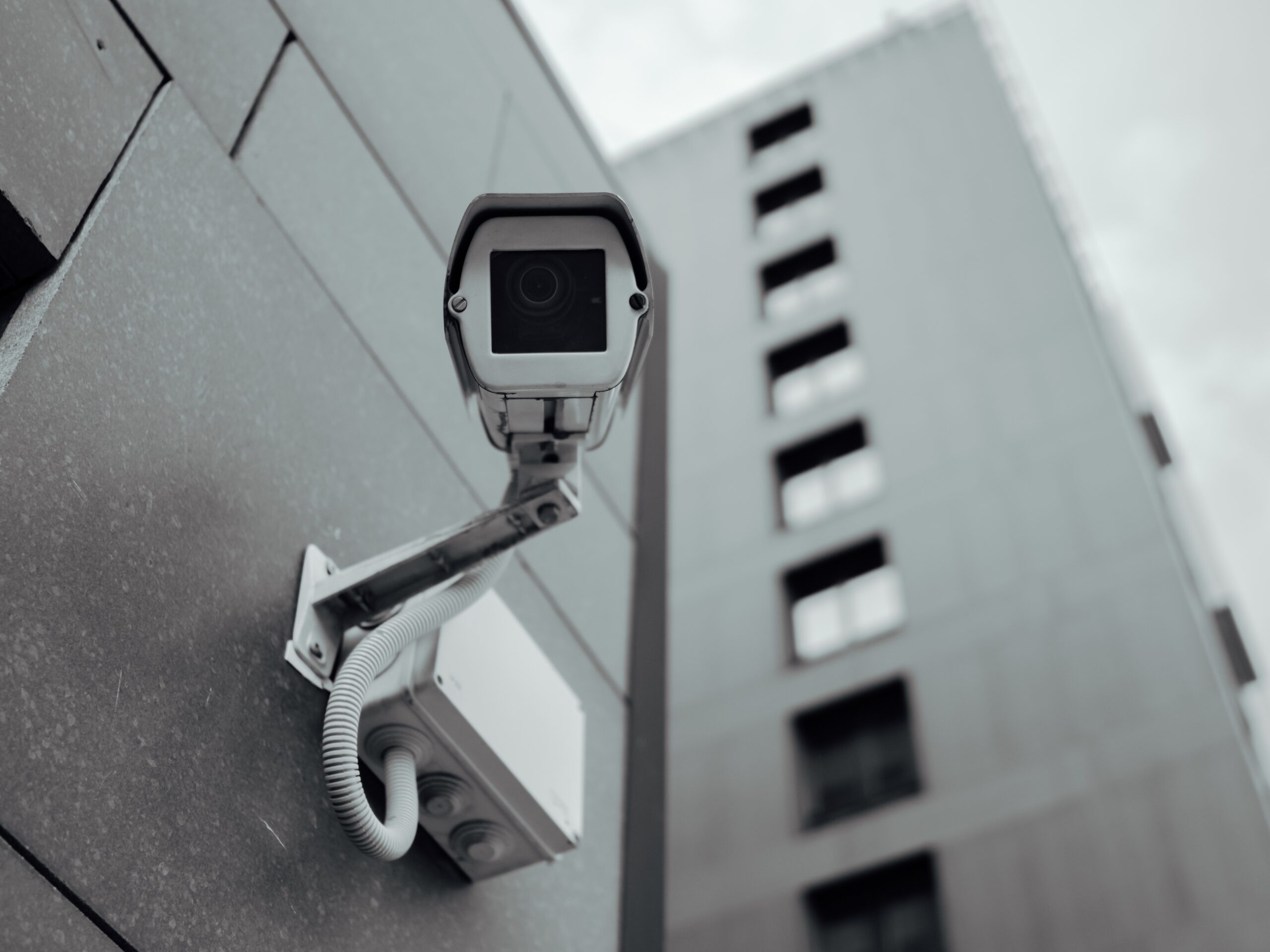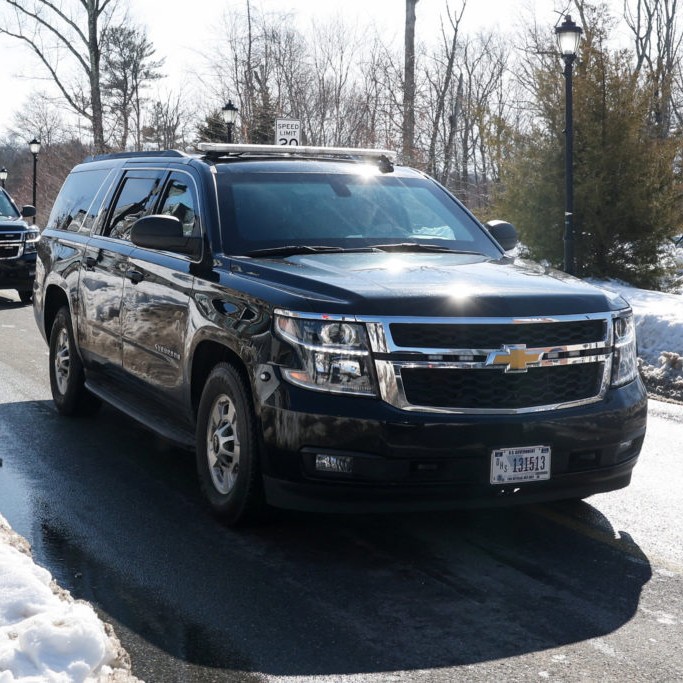
On May 9, 2025, a sheriff’s deputy in Johnson County, Texas, typed six words into an artificial intelligence (AI)-powered surveillance system: “Had an abortion, search for female,” according to the Daily Mail.
What followed was a multi-state digital manhunt through an 83,000-camera network — an act now raising alarms far beyond Texas.
It wasn’t a murder suspect. It wasn’t a terrorist. It was a woman suspected of self-managing an abortion — something that, while nearly fully outlawed in Texas, remains legal in several other states she had visited and was also surveilled in.
A Search Powered by AI — And Uncertainty
The system used by law enforcement is known as Flock, an AI-enhanced automatic license plate reader (ALPR) network capable of identifying not just license plates but car make, model, and even bumper stickers. The Johnson County Sheriff’s Office confirmed it used Flock to track the woman’s vehicle across state lines after her family reported that they feared she was suffering complications following the abortion.
According to Johnson County Sheriff Adam King, the search wasn’t about stopping her from leaving the state. “We weren’t trying to block her from leaving the state or whatever to get an abortion,” he said, according to the Independent. “It was about her safety.”
But critics say the action demonstrated just how far-reaching — and invasive — police surveillance has become in the age of artificial intelligence.
A Nationwide Digital Dragnet
The woman’s vehicle was tracked through Flock’s network of over 83,000 cameras — including in states where abortion is legal, such as Washington and Illinois.
Flock allows law enforcement to access this massive system with no warrant in emergency situations and few jurisdictional restrictions. The company defended the technology, stating it supports “democratically-authorized governing bodies” in determining how surveillance is used, according to the Daily Mail.
This level of access means that local police departments — regardless of state laws — can potentially surveil individuals across the country.
Surveillance on Steroids
Texas law enforcement agencies, especially under Governor Greg Abbott’s $11 billion Operation Lone Star program, have amassed a vast arsenal of AI tools. Spy drones, social media monitoring, predictive analytics, facial recognition, and AI-enhanced phone surveillance are all part of the toolbox.
The Department of Public Safety (DPS) uses:
Tangles, an AI platform that can scrape public and private data from across the internet and track phones without a warrant.
Clearview AI, a facial recognition system drawing from 40 billion online images.
Drawbridge, a 9,000-camera wildlife network now monitored by AI to track people and vehicles along the border.
Many of these tools were originally developed for military intelligence — and now they’re in the hands of local police.
Why It Matters — No Matter Where You Stand
Supporters of the Johnson County search argue it was a life-saving action, potentially preventing a medical emergency. Texas law does allow abortion when the mother’s life is in danger, though no exception exists for rape or incest.
However, privacy advocates warn that even if this case was well-intentioned, it sets a dangerous precedent. Ashley Emery of the National Partnership for Women & Families said, “This incident is undeniably a harbinger of more AI-enabled reproductive surveillance and investigations to come,” according to the Guardian.
The concern? Today it’s abortion. Tomorrow, it could be mental health care, gender-affirming treatments, or gun ownership decisions tracked and scrutinized by automated surveillance.
No Warrant, No Problem
Law enforcement doesn’t always need a judge’s permission to use this technology. The Flock system, for example, lets officers search camera footage in real time or retrospectively, often based only on internal approval.
DPS also confirmed it uses commercial data sources to track cellphone locations — again, often without a warrant.
Critics say these unchecked powers create a surveillance state, giving police the ability to map your life in high definition without ever notifying you — or a judge.
Even some Texas conservatives are beginning to express discomfort. GOP Representative Giovanni Capriglione warned in 2024, “It does come into question whether we are creating a wide area of study of people who have not committed a crime and trying to use that for law enforcement purposes,” according to the Texas Observer.
A Warning for Everyone
The Texas woman tracked via Flock’s AI system was found safe. No charges were filed. But the implications of her case are likely to echo well beyond her situation.
Civil liberties groups say this kind of tracking could deter people from seeking medical care — whether for abortions, miscarriages, or other urgent health needs. And the tools used in this case are just a fraction of what’s already available to police departments across the country.
Whether you see this as vigilant law enforcement or a warning sign of overreach may depend on your politics.
But regardless, someone might be watching you.
References: Texas Police Used Nationwide License Plate Reader Network to Track Woman Who Had Self-Managed Abortion | Texas Cops Use Dystopian Surveillance Method to Track Down Woman Trying to Leave State for Abortion | A Dystopian Surveillance Fear Has Become Reality in Texas | Texas’ AI-Powered Surveillance Arsenal Has Ballooned. Proposed Laws Provide Few Guardrails | Texas Cops Use ALPR to Track Abortion Patients: A Dystopian Reality — Surveillance Technology and Reproductive Rights, Privacy Concerns in Law Enforcement, Automated License Plate Tracking Implications







